
Overclocking
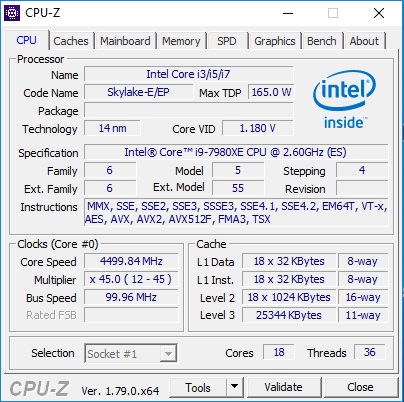
With the Core i9-7900X managing a fantastic 4.6GHz overclock, we'd imagine many enthusiasts have been dreaming about running an 18-core CPU with an all-core overclock of similar frequency.
Given the core count increased by nearly double, it was anyone's guess as to how overclocking would be affected, and there's clearly a whole lot more heat to deal with, but when we were sitting happy at the desktop at 4.6GHz with the Core i9-7980XE across all cores churning through most of our benchmarks, we couldn't help but marvel at Intel's achievement.
Sadly, not all our tests ran without a hitch, and despite pushing the vcore up to 1.24V, we still couldn't get perfectly stable before temperatures put an end to our overclocking session. It's likely that delidding or perhaps DIY water-cooling might offer a better overclock, but also it's worth remembering that our retail sample of the Core i9-7900X performed much better than some earlier results we've seen with Intel engineering samples, managing to overclock with much less voltage - this could well be the case with the Core i9-7980XE.
In the end, we settled with 4.5GHz across all cores at 1.18V - still a fantastic achievement and one that was tamed with a mid-range all-in-one liquid-cooler, albeit with temperatures approaching the 90°C mark under full load.
Performance Analysis
Well, what can we say? It was fairly obvious the Core i9-7980XE would be a monster, but the all-core boost of just 3.4GHz at stock speed did hinder things in some tests, especially those that preferred raw grunt over cores and threads. The CPU-Z single-threaded test and VRMark were both situations that also revealed one or two situations where the stock speed performance was lacking as well game tests where the likes of the Core i7-7800X and Core i9-7900X were quicker, for example in Deus Ex.
However, the Turbo Boost modes certainly pushed most of the other results to the top of the graphs. It obtained the highest score in 3DMark Time Spy, had huge leads in Cinebench's multi-threaded test, and was quicker than the Threadripper 1950X in Terragen 4, HandBrake, and the PCMark 10 Photo Editing workload too.We've already updated CPU-Z once this year to version 1.79, and unfortunately, it seems that with every new range of CPUs, a new version comes out. As we simply don't have the time (or the need) to retest every CPU in every benchmark with every release, we've stuck to version 1.79 for now, which was released a couple of months ago and is the version designed to re-jig results following Ryzen's release and also adds X299 and Core X CPU support. However, it seems that full support for Core X CPUs wasn't included, so the latest version 1.80 appears to add a hefty amount to the score of the Core i9-7980XE, which sees it eclipse the Threadripper 1950X at stock speed. However, we haven't had time to re-test the AMD CPU using the new version yet, so for now we only have version 1.79 results for CPU-Z.
Overclocking the Core i9-7980XE proved to be extremely fruitful too, cutting the rendering and transcoding times in Terragen 4 and HandBrake by 14 percent and 18 percent respectively thanks to that massive 1.1GHz boost to the all-core frequency, rising from 3.4GHz to 4.5GHz, cementing its lead in both tests. Cinebench was perhaps the most impressive, stretching to a score of 4,266, which is nearly a whole 1,000 points higher than the Threadripper's previous record score of 3,273. There were single-frame differences between most of the game results, though, with no stand-out lead for the new Intel CPU.
Power consumption was reasonable at stock speed, undercutting both Threadripper CPUs and being just a little higher than the Core i9-7900X. When overclocked, though, despite a fairly restrained vcore, the load power consumption for the system at the wall was 613W under load
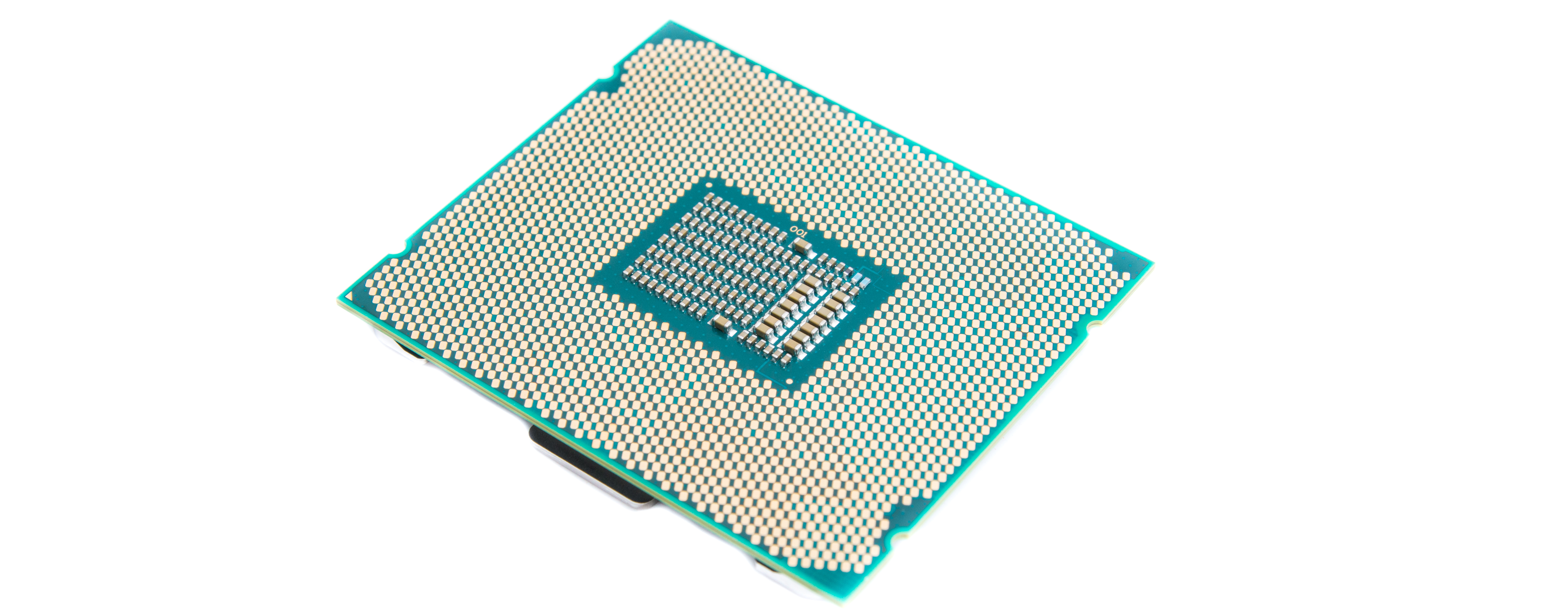
Conclusion
Intel has without a doubt reclaimed the ultimate desktop CPU performance crown, but this comes at a cost. At $2,000, Core i9-7980XE is hugely expensive and as you can see from our graphs, it's nowhere near twice as fast as either the Threadripper 1950X or the Core i9-7900X, both of which retail for half the price or less.
What we have here, though, is the fastest desktop CPU ever made, and given that it's made in a single high-core count (HCC) die, the fact you can easily overclock to it achieve a 1GHz boost to the all-core frequency is just nuts. Sure, it has mega power consumption here and will need a hefty cooler or water-cooling to do so, but the headroom is remarkable, especially in that it only seems to have fallen by 100MHz compared to the Core i9-7900X, despite the core count having nearly doubled. The latter is particularly interesting, as it could point at lofty overclock frequencies for the expected six-core Coffee Lake CPUs too, with little lost compared to, say, a quad-core Core i7-7700K.
Ultimately, the Core i9-7980XE will be useful to professionals whose cash might be well spent on a CPU of this calibre to cut processing times and save money, or for those that simply must have the best and are willing to pay the premium. The fact that you can get some or all cores to well over 4GHz as a minimum too means that it's also a much better all-rounder than its predecessors - particularly useful in lightly-threaded scenarios. One interesting thing to ponder, though, is who will make the desktop CPU that usurps this monster? Excitingly, we have absolutely no idea.
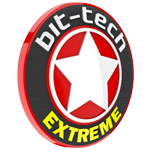

MSI MPG Velox 100R Chassis Review
October 14 2021 | 15:04

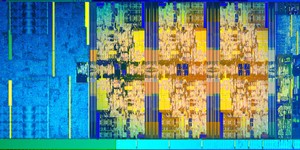
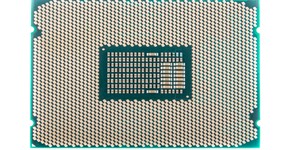
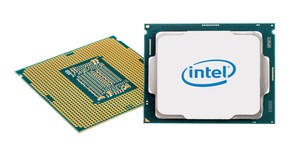




Want to comment? Please log in.